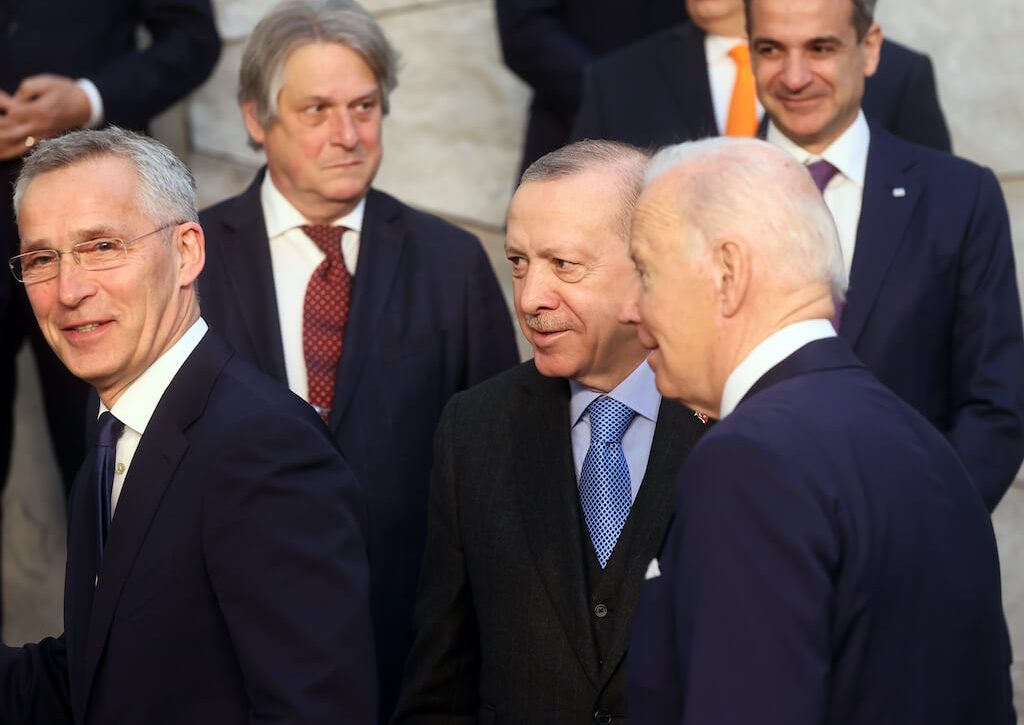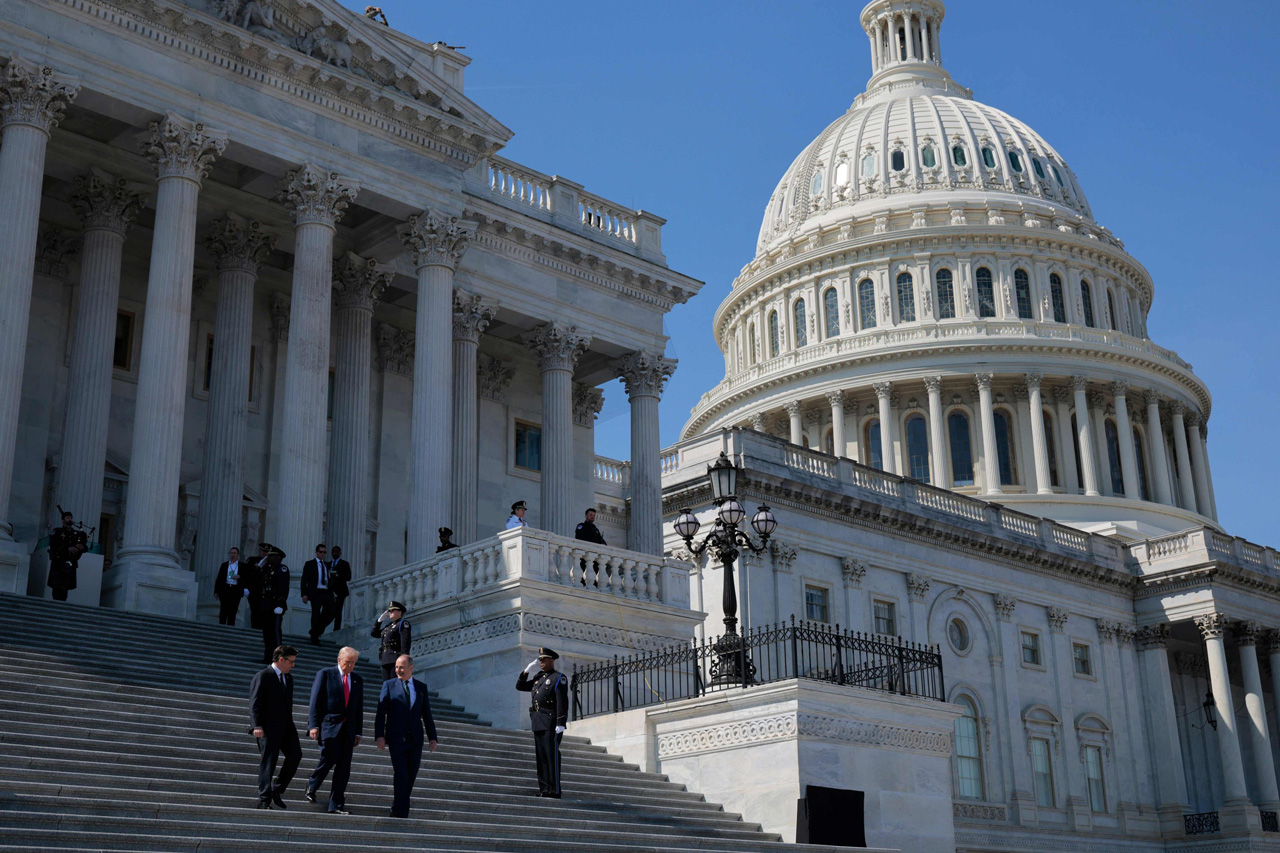
How the Russia-Ukraine War Will Change Turkey-US Relations
The US decision to grant an exemption to India, which procured three times as many S-400 missile defense systems as Turkey, caused dismay in Ankara.
Share
As soon as the Joe Biden administration took office, Biden announced that his administration would embrace an institution-based approach in foreign policy. Thus, a period of Turkish-U.S. relations carried out at a presidential level, as was the case between Donald Trump and Recep Tayyip Erdoğan, was put on the shelf. In fact, this development has greatly reduced uncertainties stemming from both the unpredictability of the Trump administration and from its occasional hydra-headed nature. During Donald Trump’s presidency, Turkey-United States relations were quite problematic, to say the least.
The Trump administration supported projects that exclude Turkey from the Eastern Mediterranean natural gas equation, namely the Eastern Mediterranean Gas Forum and the East-Med project, and approved the creation of alliance zones that would limit Ankara’s presence in areas such as Syria and Libya. In addition, the Trump administration could not sufficiently refrain Congress on issues such as Turkey’s removal from the F-35 program and sanctions following the purchase of the S-400 air defense systems. With the Biden administration taking office, the expectation of a clean slate in bilateral relations between Washington and Ankara emerged.
Read more on Politics Today: How the Russia-Ukraine War Will Change Turkey-US Relations
[Politics Today, May 18, 2022]
Tags »
Related Articles






